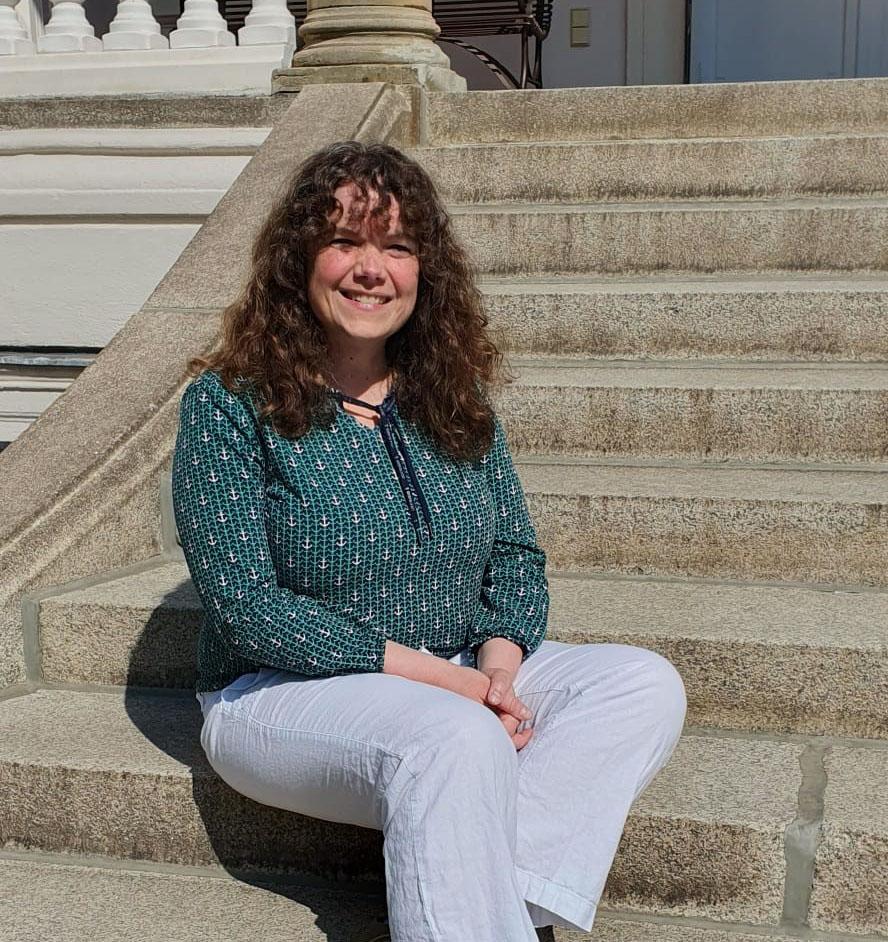Katharina McLarren presented parts of her Post-Doc project. Prior to the Colloquium, she had circulated a paper on the current status of her research, which she presented and which was discussed intensively by the Fellows. She explained that the religious leaders reacted very differently after the Russian invasion of Ukraine: The Shiite Ayatollah blamed the USA for the war, the Pope called the United Nations “impotent” and the Dalai Lama declared that “war is obsolete”. In her research project, she explores the extent to which religious narratives have changed in relation to the war. Does the war in Ukraine mark a turning point, or can we observe more of the same? Embedded in the theoretical framework of the English School of International Relations, she aims to conduct various narrative analyses in order to better understand whether and how the primary institutions of war and international law can be (re)interpreted.
She examines the narratives of three of the above-mentioned religious actors on the Ukraine war and compares them with their respective war narratives of the past. On the basis of these narratives, Katharina would like to show the extent to which they reflect a strengthening and even expansion or an undermining and thus weakening of international society, focusing on the primary institutions of war and international law as well as the secondary institution of the United Nations. The distinction between primary and secondary institutions is borrowed from the theoretical framework of the English School. Katharina argues that, at least for religious actors in international politics, the Ukraine war is not a defining event in global security policy. Instead, they might have missed a critical moment for strengthening or even upholding international law. The Fellows discussed various aspects such as the question of the understanding of the roles of the aforementioned actors. It was also critically questioned why the Pope leaves it at general references, especially in relation to countries such as Russia, which he never names. At the end, Katharina thanked the participants for the diverse content and methodological advice, which she will be able to incorporate into her future research.

Katharina McLarren
Katharina McLarren
Fellow AIA | June 2023 – March 2024